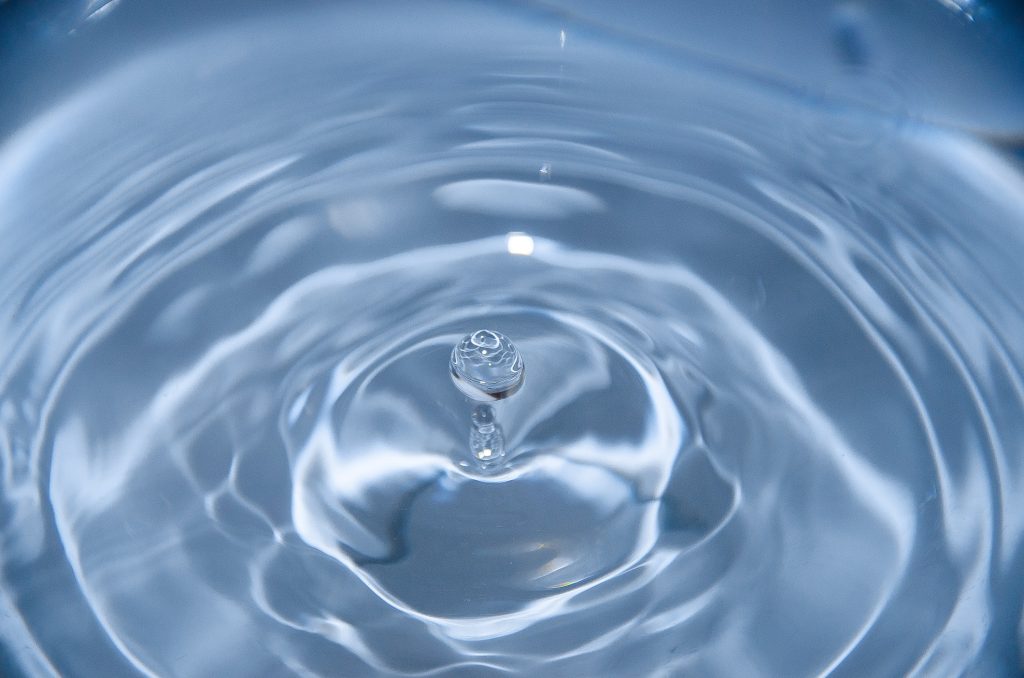Staying hydrated is essential to maintain good health. Water intake and mineral intake are equally important for the body. However, many people are not getting enough minerals, and they may also be drinking contaminated water, which is not good for their health.
While governments advise people to drink liters of water every day to stay hydrated, it’s essential to ensure that the water they drink is of good quality.
The Risks of Drinking Contaminated Water
Unfortunately, many people are not getting good quality water, particularly if they are drinking tap water.
Tap water in all countries contains residues of heavy metals, antibiotics, medicines, microplastics, xenoestrogens, and fluoride, which can cause harm to the body if they add up over time.
It’s essential to invest in some kind of water purification system or buy high-quality water in decent packaging for drinking.
Hydration and Mineral Intake
Instead of focusing only on drinking enough water, it’s better to pay attention to mineral intake and go by thirst. The body knows when it’s thirsty, and it’s not a good idea to go against your body’s cravings.
There are hormonal factors that play into how well you are hydrated. Drinking water that is rich in essential minerals can help maintain good health and prevent various health issues.
People living in an area of high water hardness had one quarter the incidence of hypertension.https://t.co/sw0ccUlc6s
— P. D. Mangan Health & Freedom Maximalist 🇺🇸 (@Mangan150) June 26, 2020
Choosing High-Quality Water
Here are some options for high-quality water:
- Glass-bottled spring water: This is the best option for high-quality water, as it contains essential minerals and has no heavy metals, antibiotics, pharmaceuticals, microplastics, xenoestrogens, or fluoride.
- Filtered tap water: This is a cost-effective option for those who can’t afford glass-bottled spring water. Installing a carbon filter or reverse osmosis filter can improve its quality by effectively removing harmful substances like heavy metals, antibiotics, microplastics, pharmaceuticals, and fluoride. However, these filters may also eliminate some beneficial minerals, which can be addressed by adding mineral drops or eating a balanced diet.
- Plastic-bottled spring water: This is another option, but the plastic packaging could potentially release microplastics and xenoestrogens into the water, which could be harmful to our health.
- Unfiltered tap water: This is the worst option, as it contains heavy metals, antibiotics, pharmaceuticals, microplastics, xenoestrogens, and fluoride, which are all potentially harmful to our health. Moreover, it lacks minerals that are important for our well-being.
By choosing high-quality water and paying attention to mineral intake, we can stay hydrated and maintain optimal well-being.
Opt for:
1) Glass bottled spring water
OR
2) Reverse osmosis with the addition of either trace mineral drops or unrefined sea salt to the water
Reverse osmosis is a cheaper option, so that's something you can look into
Spring water is ideal
— Zaid K. Dahhaj (@zaidkdahhaj) December 12, 2022
Conclusion
In conclusion, it’s essential to drink good quality water and ensure that the water we drink is free from contaminants and harmful chemicals. Drinking water that is rich in essential minerals can help maintain good health and prevent various health issues.
Selecting high-quality water and monitoring our mineral intake is essential for staying hydrated and achieving optimal health. Personally, I prefer the top-tier choice of glass-bottled spring water.
Friendly reminder: tap water is toxic!
Just received my first batch of glass-bottled spring water for €0,46/liter. https://t.co/v41XZ7iLOR pic.twitter.com/XwJmsKUUtb
— Gijs Heerkens (@gijsheerkens) January 20, 2023
